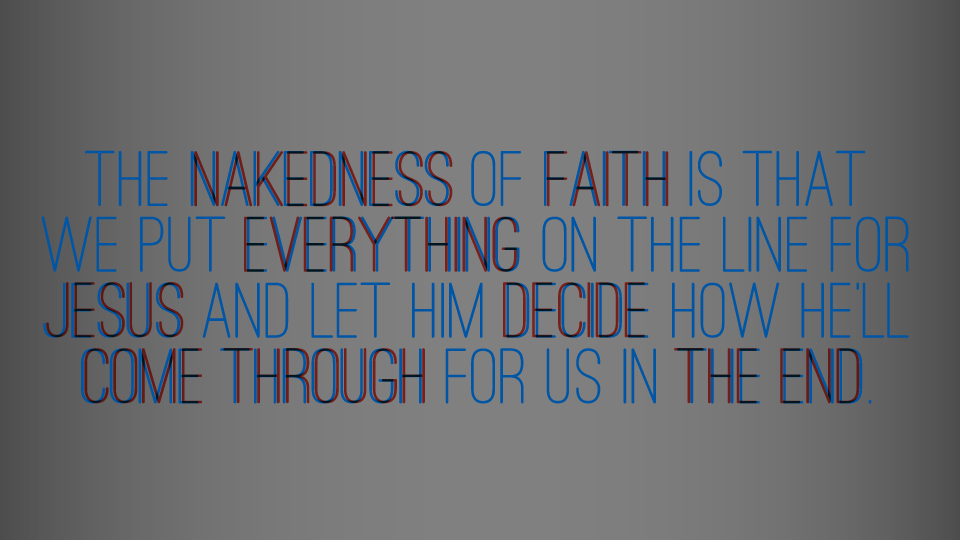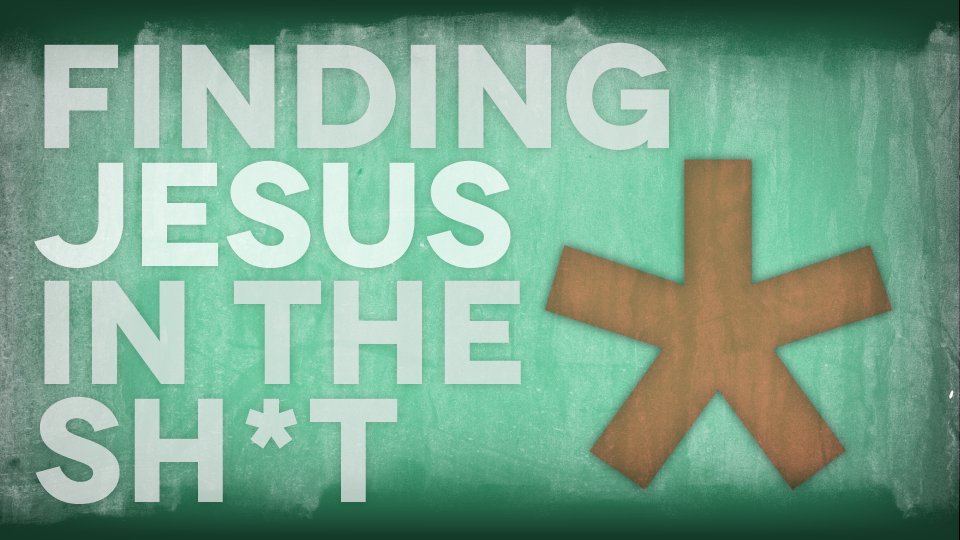Wednesday night I was out with my 2-year-old son Zeke trying to take care of some work-related stuff. I love this little guy! He’s curious, relentless, and fearless. He also has a speech delay, as well as some other developmental delays, that have prevented him from talking and doing other age-appropriate activities. On top of that, he’s started having seizures in the past few months, which means he’s been diagnosed with epilepsy. It’s a terrifying thing to watch your young child seize up, lose control of his body, and struggle to take breaths. Zeke disappears deep into himself during his seizures. I look into his eyes and I don’t see anyone there.
Before Wednesday night, he’d had four seizures, two of which I have seen in person. As we were walking into the store together, I noticed that he wasn’t acting like himself. He was quiet, tired, and cranky. He seemed to have trouble focusing, like his head kept moving, involuntarily, over his left shoulder. His left eye began to twitch, and I saw the emptiness in those big brown eyes. This was a seizure, mild in comparison to his other ones, but the first one without mommy around.
 For the third time in ten days, we wound up in the ER at Children’s Hospital. The seizure had ended by the time we arrived, and his energy and vitality slowly came back to him. He was himself again in about an hour.
For the third time in ten days, we wound up in the ER at Children’s Hospital. The seizure had ended by the time we arrived, and his energy and vitality slowly came back to him. He was himself again in about an hour.
I don’t know why this seizure happened. He had his regular dose of medication. It started in a familiar environment – our van. I have no explanation, which means, I guess, that a seizure could grip him at any time. This reality fills me, as it would any parent, with deep anxiety. What if it happens again and no one’s around to help him? Why didn’t the medicine work? Are the seizures related to his developmental delays? Will he ever be “typical”?
On the other hand, as Breena and I were driving Zeke home from the ER that night, we were both filled with tremendous faith. Despite the seizure, we both were seeing signs of progress with his speech and overall development. We believe that God will heal Zeke. We believe that God is healing Zeke. We don’t know when this healing process will be done. We don’t know how it’s all going to shake out. But we hope and believe that God is working, and will continue to work, a miracle in Zeke’s life.
Believing this, and saying it publicly, fills me with a sense of vulnerability. I can’t control whether or not Zeke has another seizure. There is no surgical procedure, that I know of, that will fix his developmental delay. He’s either going to grow out of it, or he’s not. God will either heal him in this life, or we’ll all have to wait, as so many people do, for the resurrection. Obviously, my wife and I are believing God for the former.
 The nakedness of faith is that we put everything on the line for Jesus and let him decide how he’ll come through for us in the end. Faith demands that we let go of control, that we throw ourselves onto the person of Jesus Christ in complete desperation of soul. It’s him, and nothing else. (Of course we’re still giving Zeke his medicine, but we understand that the medicine isn’t actually healing his brain or aiding the developmental process, it’s just keeping his seizures at bay. Sometimes.)This kind of faith makes me feel exposed, like in those dreams when I show up to school naked. (Yes, I still have those dreams, it’s just that the context is different now.) To trust God for something, whether it’s your son’s healing or your own salvation, requires you to take a stand. This faith demands that you forsake all other avenues of rescue, and lean solely into the object of your faith – to believe, as it were, without the aid of a safety net.
The nakedness of faith is that we put everything on the line for Jesus and let him decide how he’ll come through for us in the end. Faith demands that we let go of control, that we throw ourselves onto the person of Jesus Christ in complete desperation of soul. It’s him, and nothing else. (Of course we’re still giving Zeke his medicine, but we understand that the medicine isn’t actually healing his brain or aiding the developmental process, it’s just keeping his seizures at bay. Sometimes.)This kind of faith makes me feel exposed, like in those dreams when I show up to school naked. (Yes, I still have those dreams, it’s just that the context is different now.) To trust God for something, whether it’s your son’s healing or your own salvation, requires you to take a stand. This faith demands that you forsake all other avenues of rescue, and lean solely into the object of your faith – to believe, as it were, without the aid of a safety net.
I can’t control whether or not Zeke has another seizure or choose the day he’ll start speaking clearly. Neither can I manipulate God into making his seizures and developmental delays go away. All I can do is trust that Jesus is King, and that no matter what happens, he loves me, he loves Zeke, and in the end we’re going to be a part of his eternal and infinite reign. This has a strange way of making me feel both vulnerable and secure. I have nowhere to hide, and yet I can hide myself in Christ. I have no other clothes to wear, and yet I can put on faith like a garment. I believe, and I believe nakedly.


